VIENNA, 11 October (UN Information Service) – Girls face discrimination, violence and abuse every day across the world. This alarming reality underpins the International Day of the Girl Child, a new global observance to highlight the importance of empowering girls and ensuring their human rights.
Investing in girls is a moral imperative – a matter of basic justice and equality. It is an obligation under the Convention on the Rights of the Child and the Convention on the Elimination of All Forms of Discrimination against Women. It is also critical for achieving the Millennium Development Goals, advancing economic growth and building peaceful, cohesive societies.
For this inaugural day, the United Nations is focusing on the issue of child marriage. Globally, around 1 in 3 young women aged 20 to 24 — approximately 70 million — were married before the age of 18. Despite a decline in the overall proportion of child brides in the last 30 years, the challenge persists, particularly in rural areas and among the poorest. If present trends continue, the number of girls who will marry by their 18th birthday will climb towards 150 million in the next decade.
Child marriage divorces girls from opportunity. It jeopardizes health, increases exposure to violence and abuse, and results in early and unwanted pregnancies – an often life-threatening risk. If a mother is under the age of 18, her infant’s risk of dying in its first year of life is 60 per cent greater than that of an infant born to a mother older than 19.
Education for girls is one of the best strategies for protecting girls against child marriage. When they are able to stay in school and avoid being married early, girls can build a foundation for a better life for themselves and their families. And if they have already been married young, access to education, economic opportunities and health services — including HIV prevention and sexual and reproductive health — will help enrich their lives and enhance their future.
I urge Governments, community and religious leaders, civil society, the private sector, and families – especially men and boys , to promote the rights of girls, including through the relevant Conventions, the Beijing Declaration and Platform for Action, and the Programme of Action of the International Conference on Population and Development. Let us be guided by the theme of today’s observance – “my life, my right, end child marriage” – and let us do our part to let girls be girls, not brides.

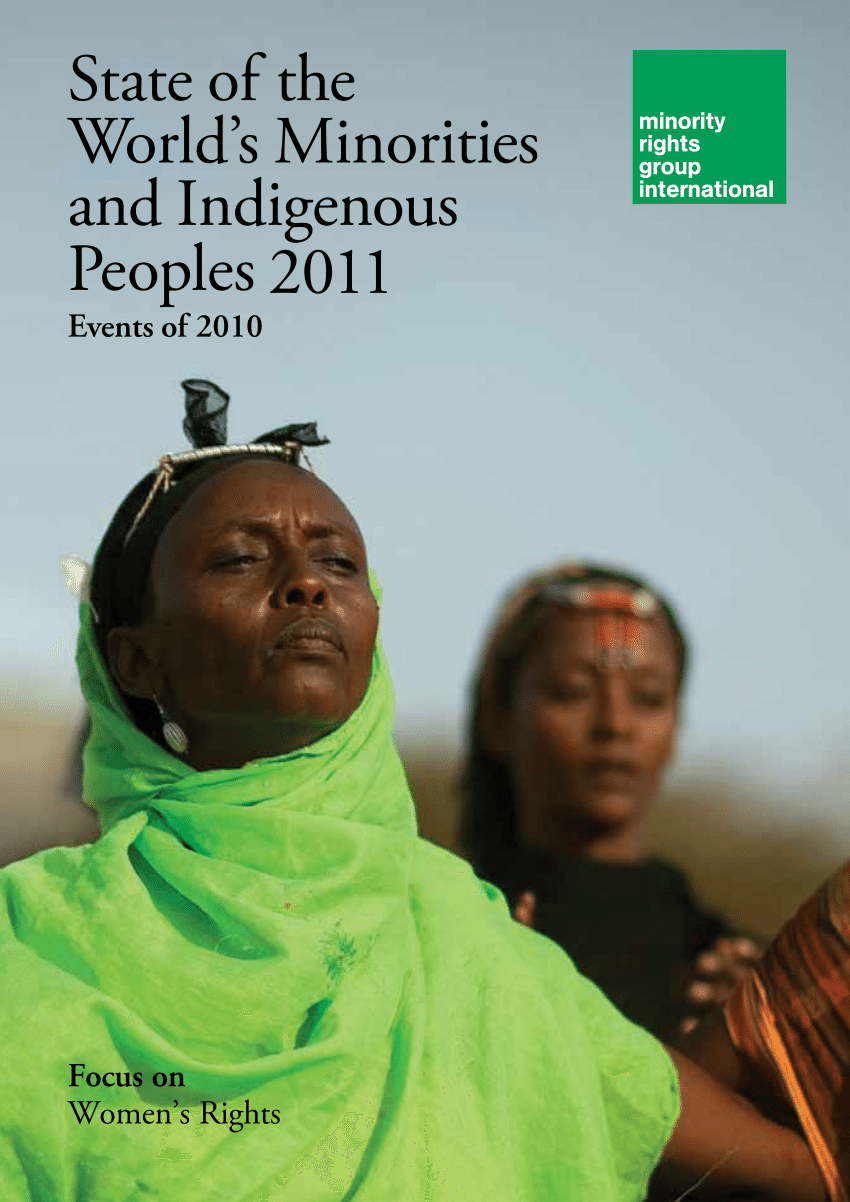


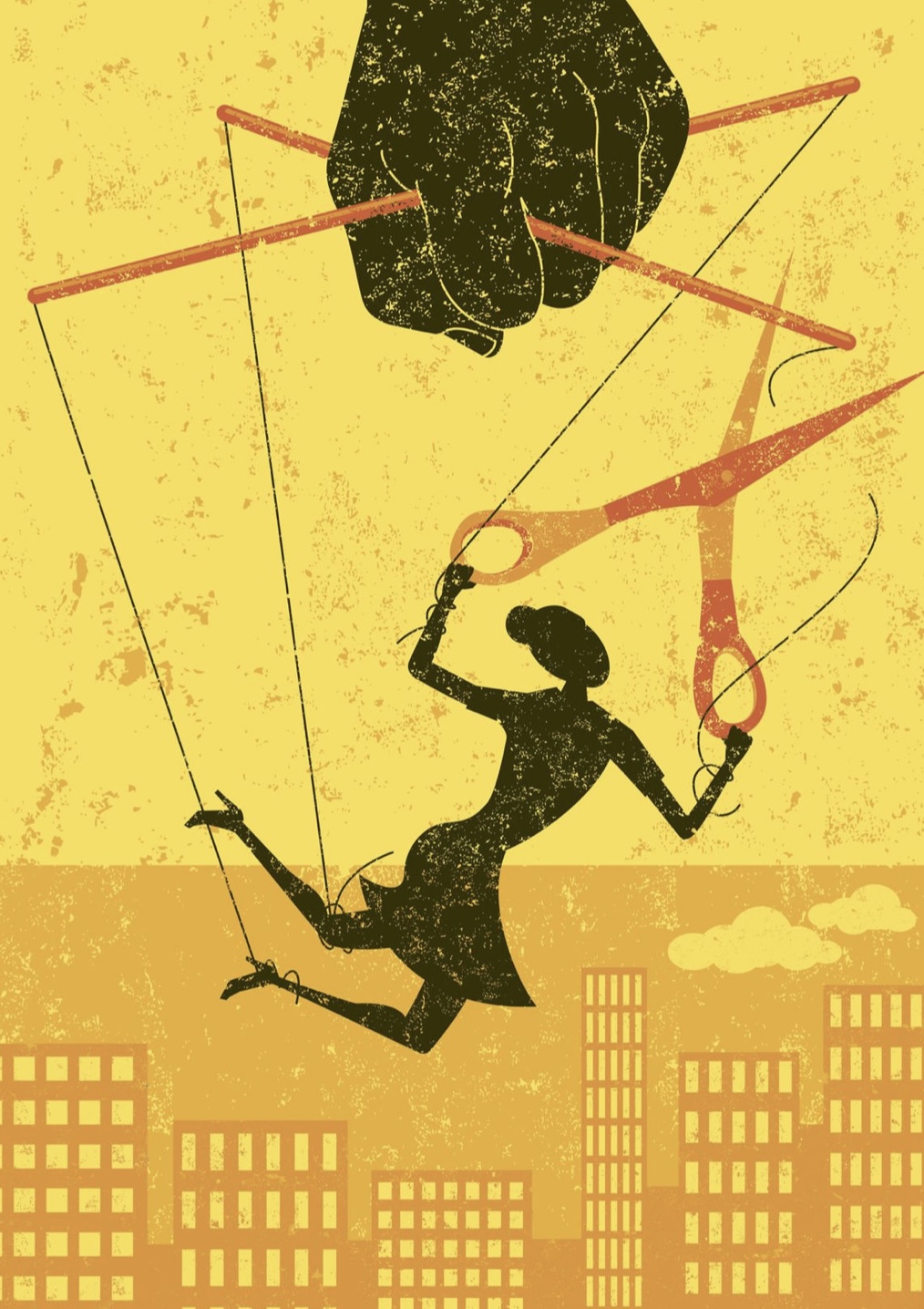


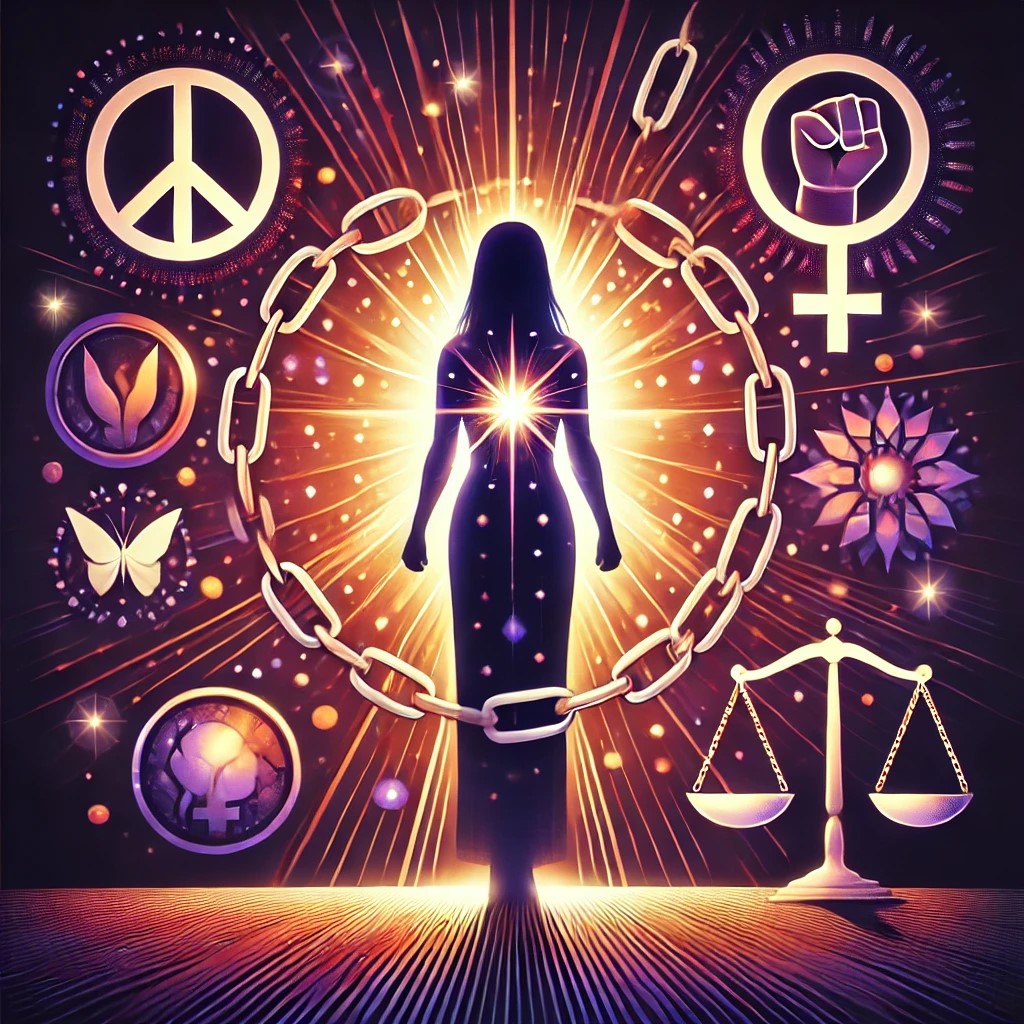

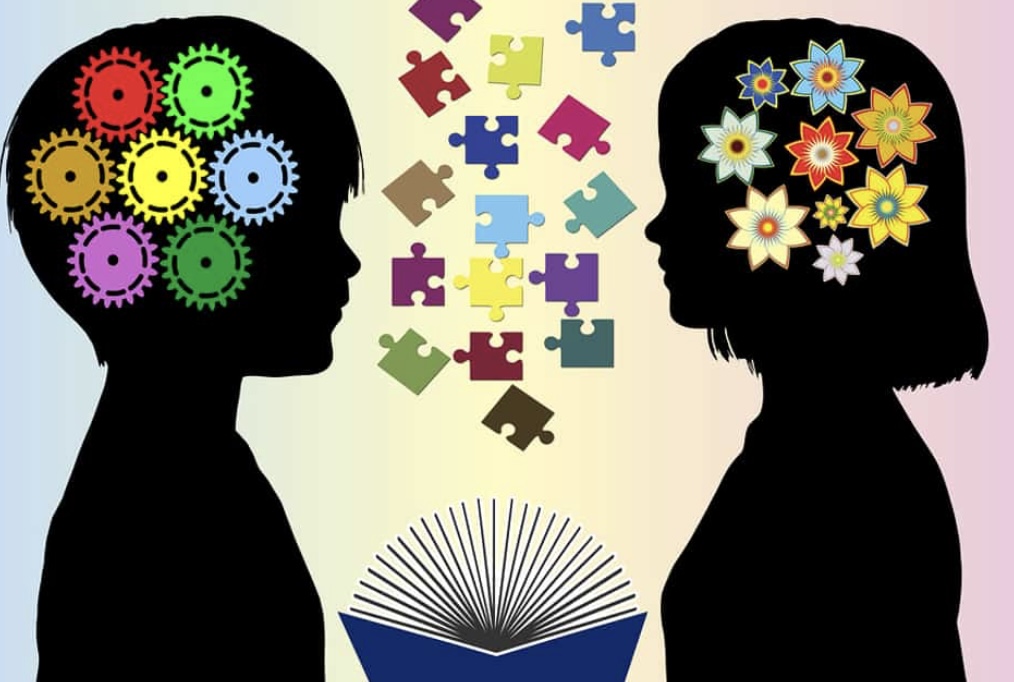

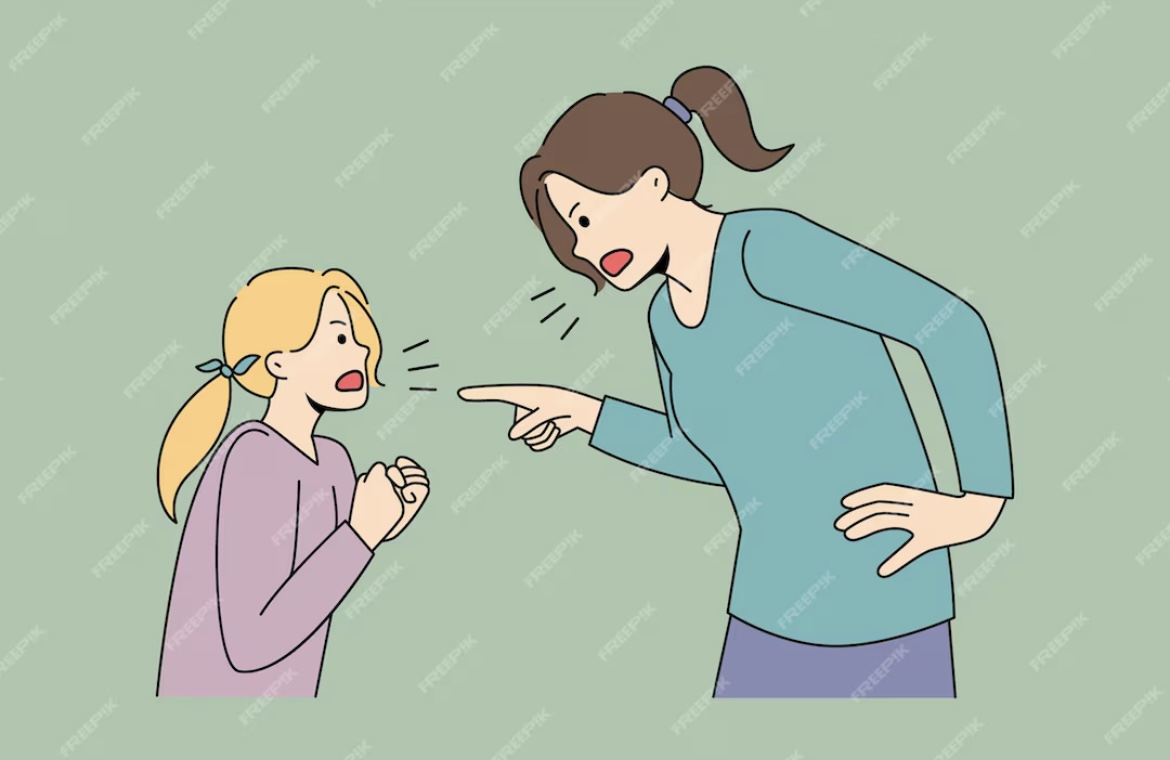
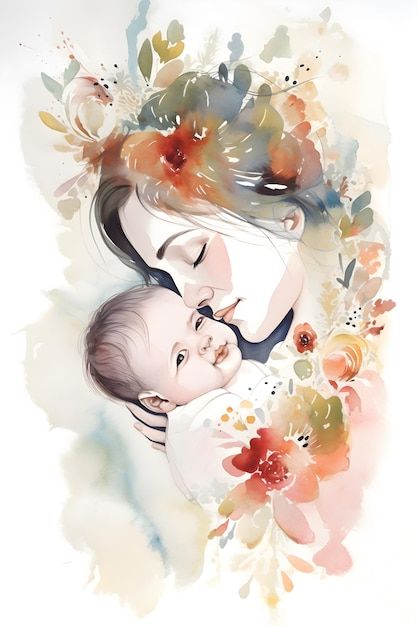

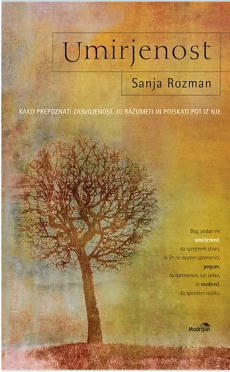

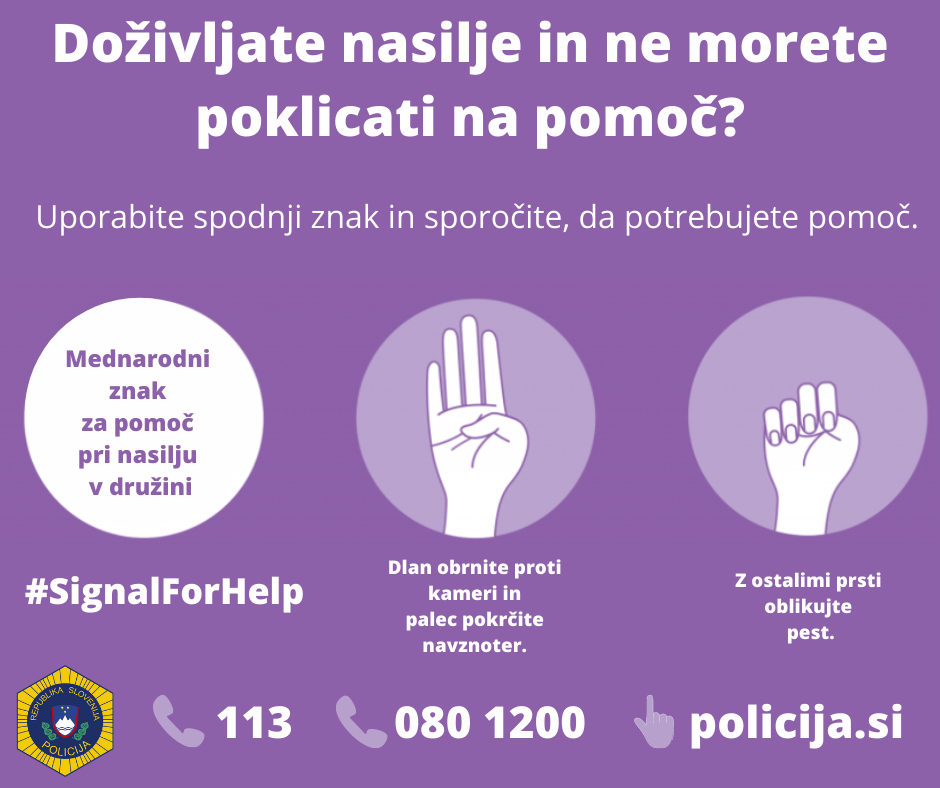

 Telefon kriznega centra vam je na razpolago vse dni v tednu, 24 ur:
Telefon kriznega centra vam je na razpolago vse dni v tednu, 24 ur:



